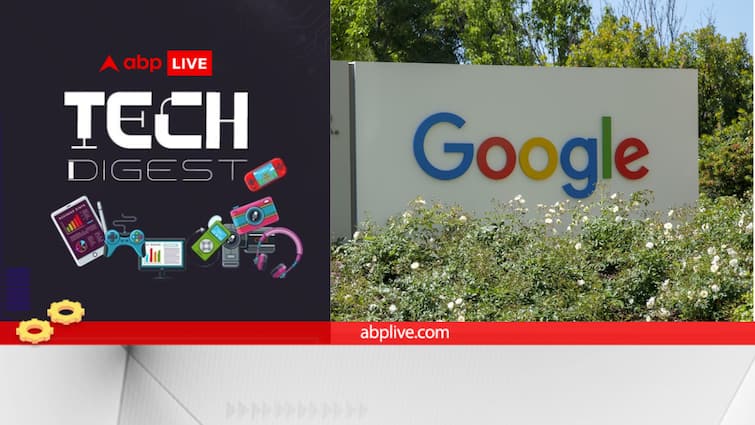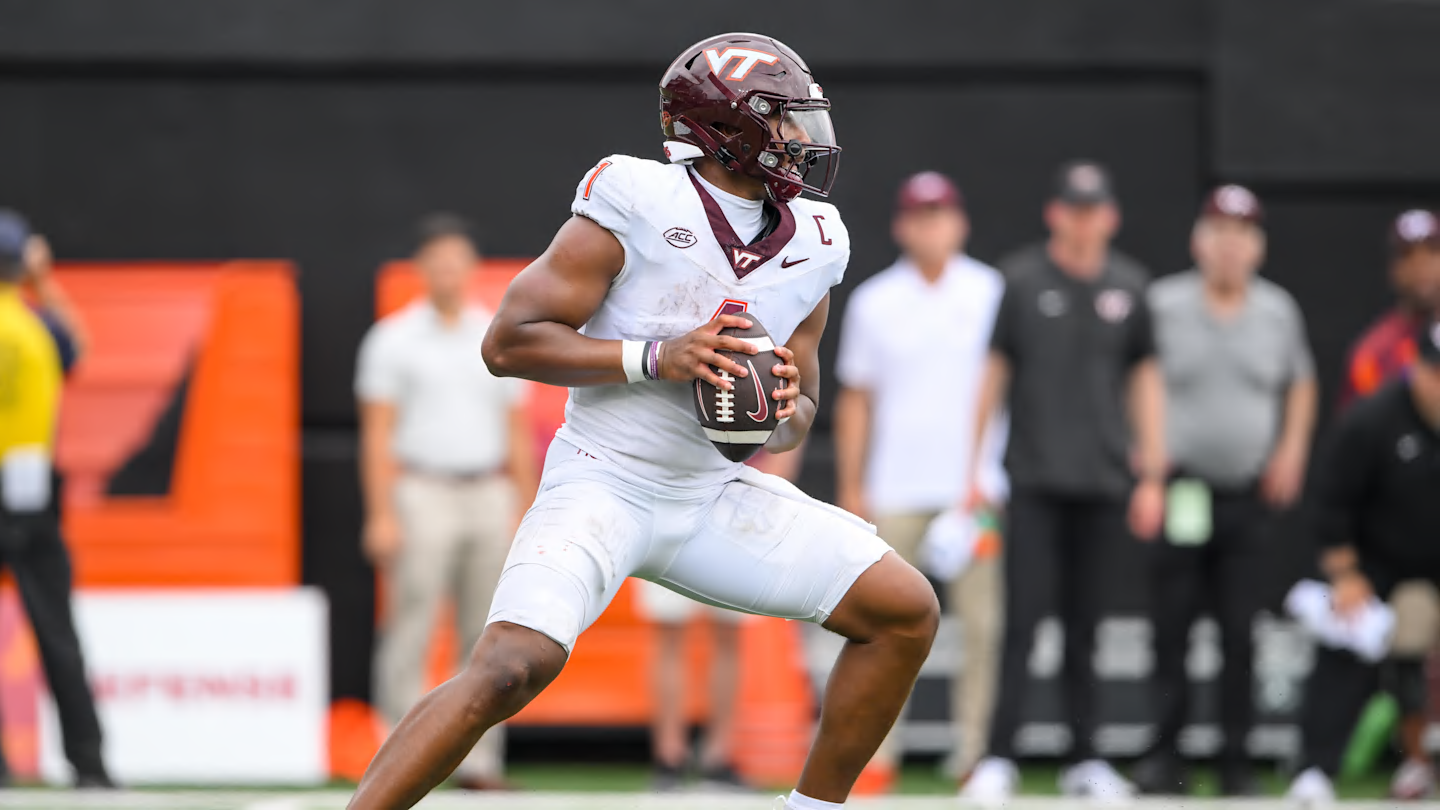28 June 2024
by Devin Yaung
By Devin Yaung, SVP for Enterprise IoT Products and Services at NTT DATA
Urban planners are challenged with providing viable infrastructure to handle the growth in cities while also considering forward-thinking innovations for a greener future. Many are turning to technologies such as IoT, private 5G and AI to transform urban infrastructure to become smarter, more efficient and sustainable. In fact, the smart city technology market is expected to grow to US$301 billion by 2032 according to Guidehouse Insights.
Urban planning is undergoing a pivotal change. Whether it is aimed to enhance local economies, transit systems, sustainability initiatives or resident safety, smart cities must optimise resources and infrastructure development. It is more than just adding green spaces or upgrading public transit. A successful smart city breaks down the data silos to connect multiple stakeholders and departments that results in a comprehensive innovation strategy and dynamic community interactions.
Rolling the dice with smart city technology
The City of Las Vegas is a solid example of how one American urban area is propelling itself into the next century using smart city technologies. With a current population of over 665,000 individuals and more than 40 million visitors in just 2023 alone, the city required new solutions that addressed crowd control, offered wireless services in parks, eased traffic congestion, vehicle accidents and more.
In 2018, the city began creating a unique technology experience for residents and visitors. While it is known for its sporting events, nightlife, casinos and the iconic Las Vegas strip, the city is gaining a reputation for its thoughtful innovative approach that uses data-driven insights to advance urban planning.
Connectivity is a significant part of this new experience providing individuals with wireless internet in city parks, neighbourhoods and the downtown area. This ultra-reliable internet backbone scales to handle the growing number of users, smart city devices such as cameras and monitors as well as community needs for virtual learning and remote healthcare. Implementing a private 5G solution not only addresses these needs for low-latency connectivity but also ensures data privacy and safeguards against cyber threats.
Building on this infrastructure, the City of Las Vegas looked to drive additional innovation and implementation of IoT devices and data analytics to meet urban planning efforts including:
Data Driven Policing
- Enhancing public safety is a priority. Motion-sensing cameras provide insights into what is happening in traffic-congested areas and event venues. The city implemented a Smart Park Project where IoT sensors and cameras share insights into park use, vandalism detection and public safety. Areas can be monitored 24/7 which frees up public safety resources to focus on the well-being of its citizens. Additionally, these devices assist with gunshot detection, license plate recognition and pedestrian analysis. The data-driven approach of using this information with GPS, drone mapping and AI technologies creates safer park experiences. In fact, It was awarded a 2024 Smart Cities North America Award for this programme.
Traffic Management
- Las Vegas was experiencing up to 40 incidents a day due to people driving the wrong way down a one-way street. With the IoT devices of cameras and imaging technology, the city’s team analyzed these videos using AI to ease traffic congestion and implement new safety features. The result is that the number of wrong-way accidents has reduced to only 3 to 4 a week–a 90 percent drop. Between this effort and that of continuous police patrolling, the city is saving US$1 million for other uses.
Advanced Planning Insights
- With the network of IoT cameras and sensors creating an extensive amount of information, the city moved its data centre into the cloud to increase data analysis for real-time insights. Officials are better equipped with knowledge for event planning, monitoring air quality and monitoring weather to efficiently work with other community organisations.
Smart cities – like Las Vegas – improve safety, drive sustainability and create opportunities for future growth. It ensures technological equity for all individuals, especially for education and healthcare initiatives. Urban planners need to look to examples of how IoT, AI and private 5G technologies are working in cities now and apply those lessons to their area.




